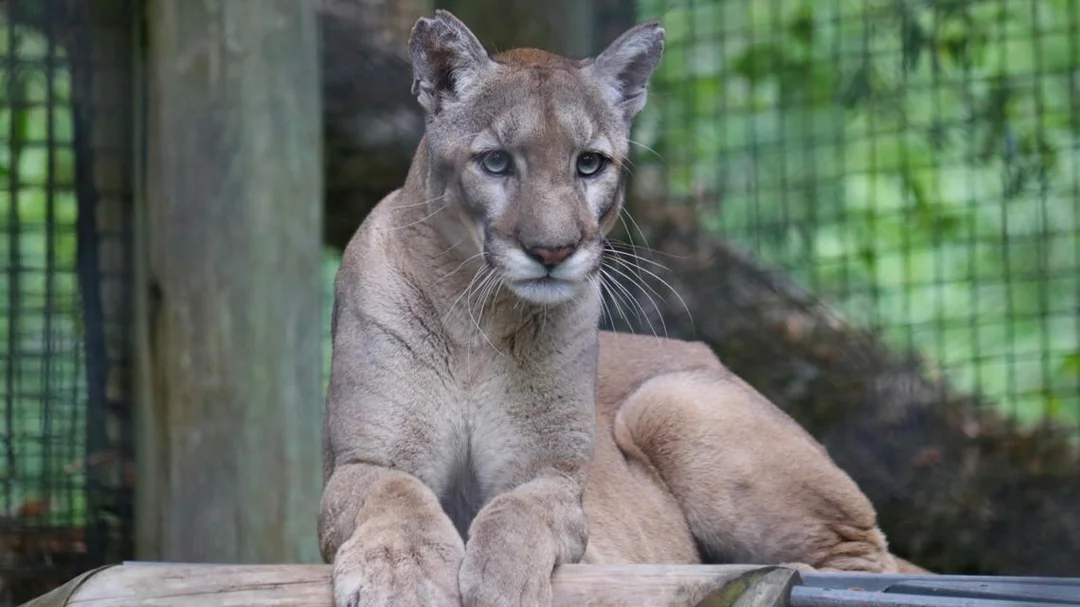
ZooTampa Mourns The Loss Of Beloved Endangered Florida Panther
TAMPA, Fla. — The staff at ZooTampa are deeply saddened by the passing of Walter, a Florida panther who served as a beloved ambassador for his endangered species. This news comes as a stark reminder of the fragility of wildlife populations and the ongoing challenges they face in their natural habitats.
The 12-year-old panther was brought to the zoo in 2017 after being discovered with severe injuries caused by a snare trap in Highlands County. Fortunately, veterinarians were able to save his life, but not without significant cost—his front left paw was amputated in the process. As a result, Walter could not be returned to the wild and spent the remaining years of his life in the caring environment of the zoo. His story is one of resilience and highlights the critical role zoos play in wildlife conservation.
Walter’s impact extended beyond the confines of his enclosure. His engaging personality captured the hearts of visitors, staff, and volunteers alike. A recent Facebook post from ZooTampa expressed this sentiment: "Walter’s charming personality and charisma made him a favorite among guests, staff, and volunteers alike. His story helped educate visitors on how they can peacefully coexist with the amazing native wildlife found in our state." This highlights the educational mission of the zoo, emphasizing not only the importance of individual animals but also their role in broader conservation efforts.
Florida panthers are listed as an endangered species, with estimates suggesting only up to 230 adults remain in the wild, primarily residing south of Lake Okeechobee. The greatest threat they face is habitat loss due to urban development, which disrupts their ability to find mates, prey, and sufficient territory. As reported by The Nature Conservancy, these encroachments create significant challenges for their survival, underscoring the urgent need for conservation efforts.
In 2025, there have been nine panther deaths reported, a reduction from previous years. This might offer a glimmer of hope, but it also serves as a call to action. If you encounter a sick, injured, or dead Florida panther, authorities urge you to report it either online or via text. Protecting these creatures is a responsibility we all share.
As we reflect on Walter's life and his contributions to conservation awareness, we are reminded of the delicate balance between urban development and wildlife preservation. How can we better coexist with the incredible wildlife that shares our ecosystems? We encourage you to leave your thoughts in the comments below, and consider how you might contribute to wildlife conservation efforts in your community.